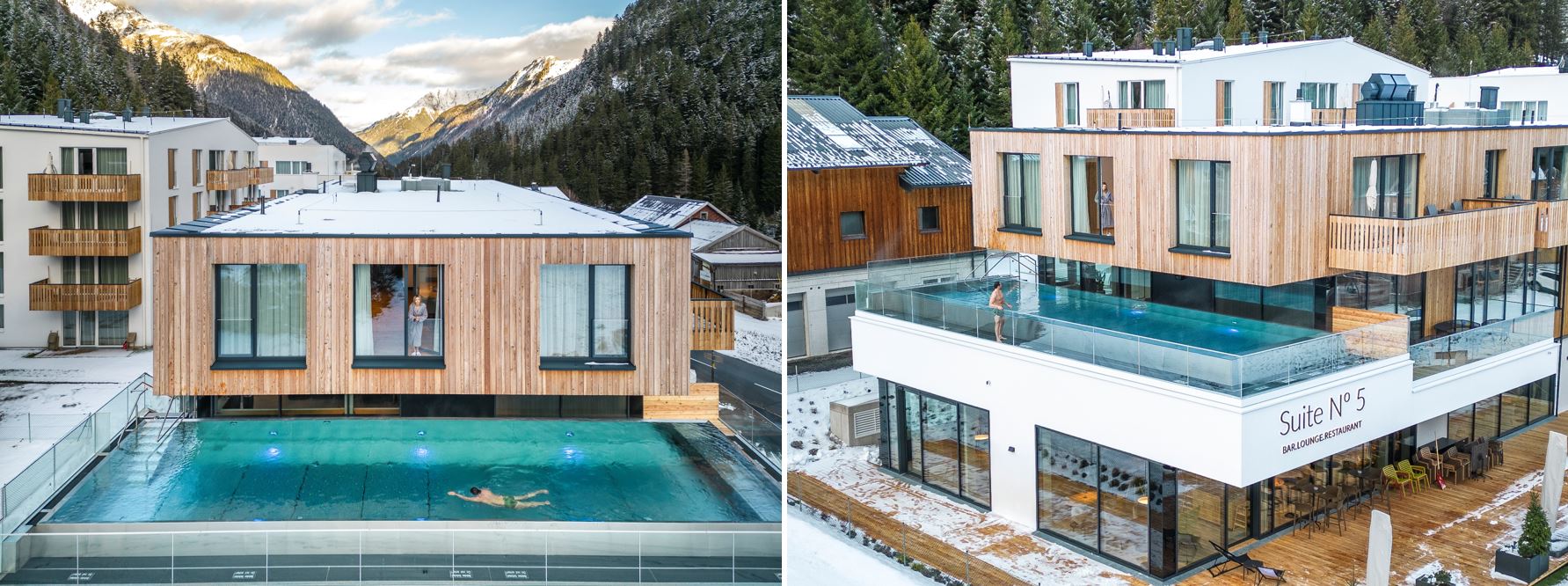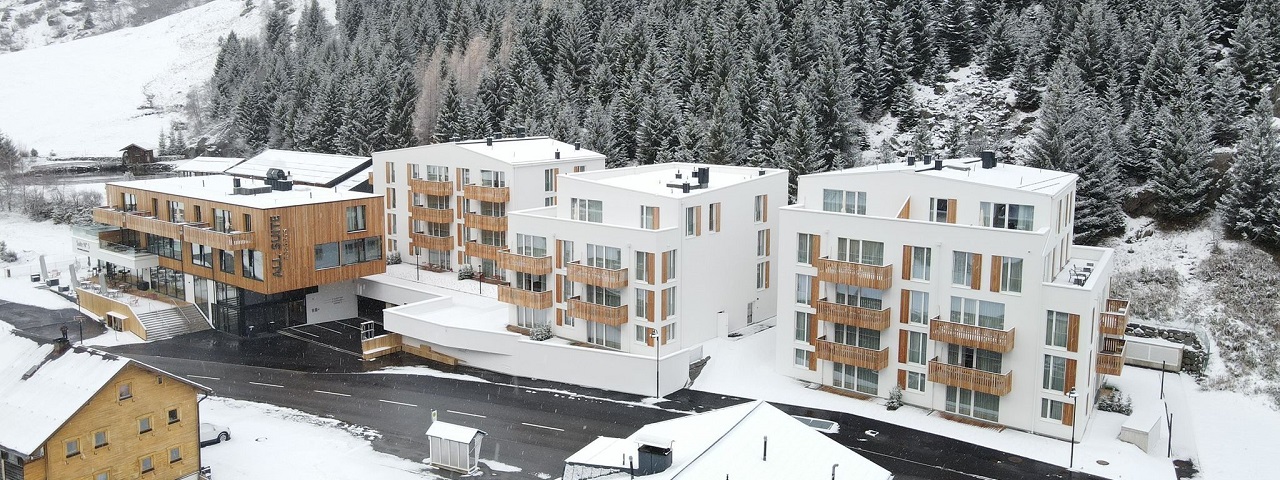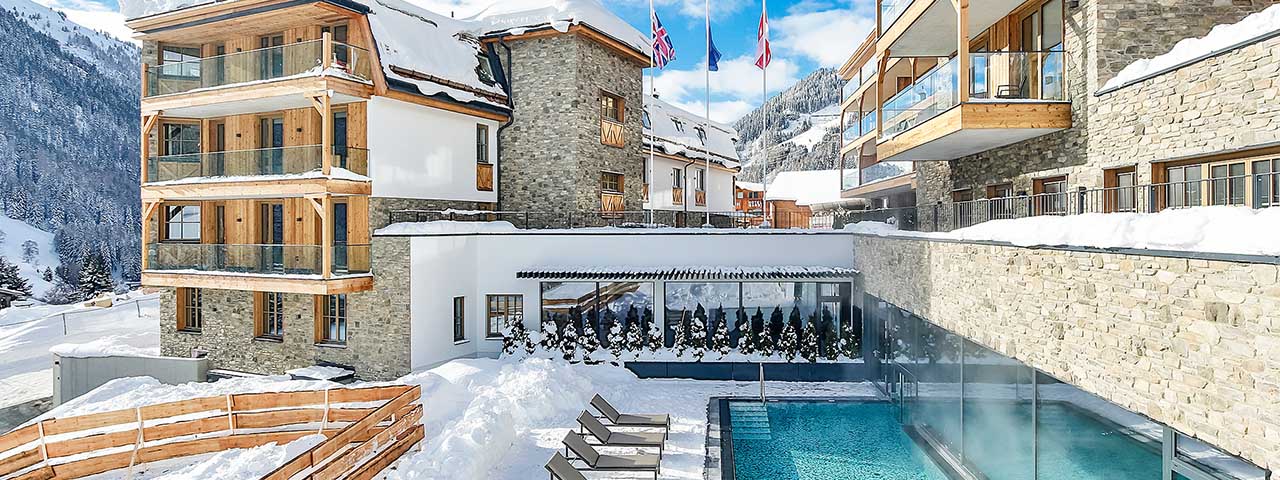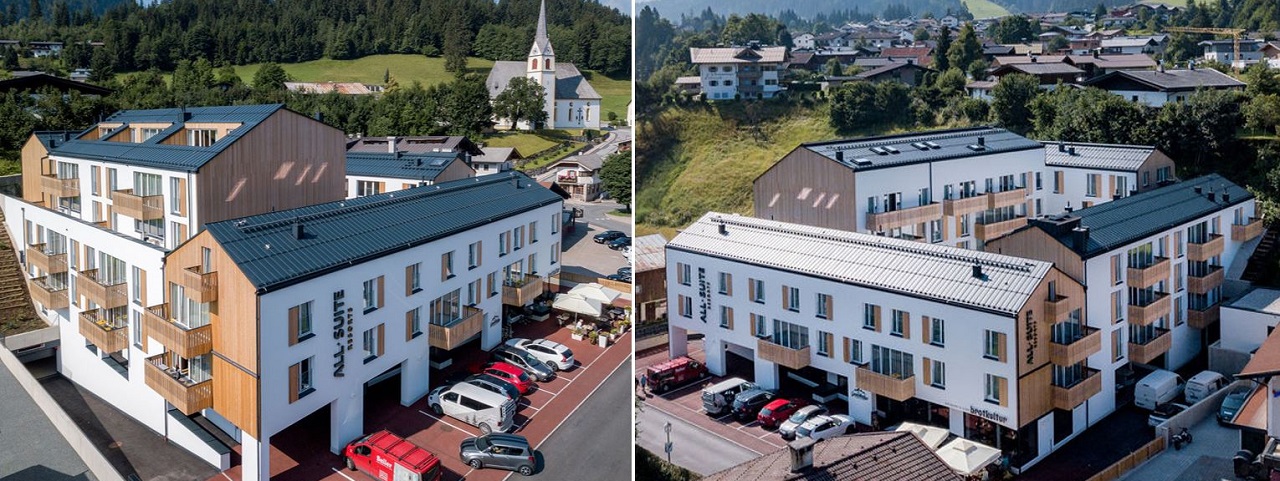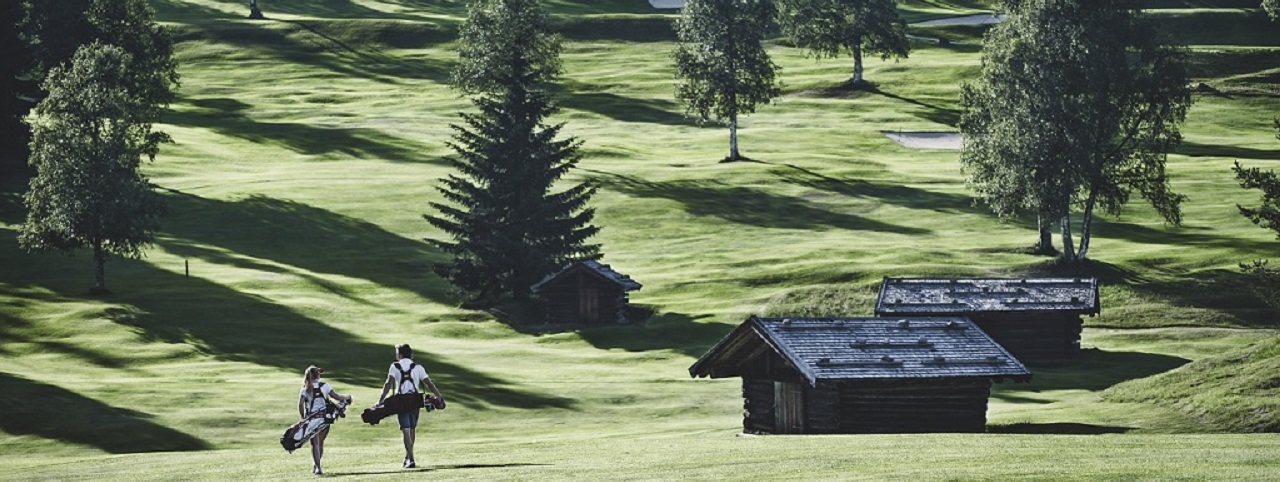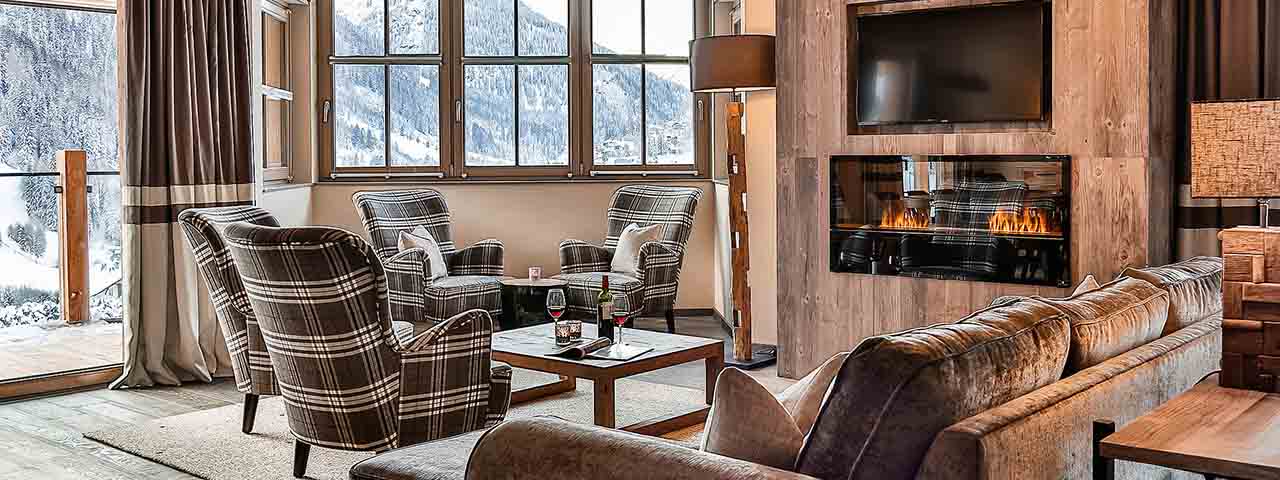The serviced apartment segment proved its resilience during the pandemic according to a recently published market report “Serviced Apartments 2021” (Source: https://www.ahgz.de/).
The 2020 occupancy rates for serviced apartments were at least 19% higher than the hotel sector and 28% higher in April 2020.
According to the current planning status, the serviced apartment segment will grow by 48% by the end of 2023.
Other news:
Our operator all-suite.com is getting lots of bookings for July and August and even into September as the number of new infections has fallen in Germany (19.9 per 100,000) and Austria (24 per 100,000).
There has also been another lifting of restrictions in Austria:
- The curfew has moved from 2200 to midnight
- 8 adults can meet indoors and 16 outdoors
- Social distancing is now 1 metre instead of 2 metres
- Cultural venues can now allow 75% occupancy instead of 50%
- You no longer have to wear a mask outdoors
Austria and the rest of the EU are working on producing a Digital Covid Certificate which will become valid from 1 July.
Tirol is one the least densely populated areas in Europe with 59 people per square kilometre versus Germany 232, Netherlands 521, England (UK) 424, Belgium 376, Czech Republic 135.
And our serviced apartment model provides extra safety during these times.
Come and stay in a well-spaced, self-contained apartment where you can arrive in your own car, you have the flexibility to cook for yourself and there are fewer communal areas compared to the old-fashioned 3 and 4-star family-run hotels.

